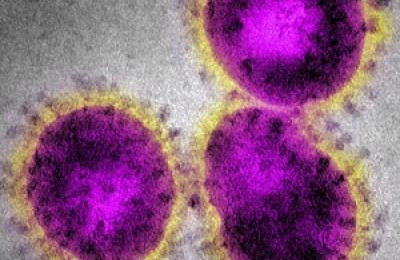The contribution of eHealth in closing gaps in primary health care in selected countries of Latin America and the Caribbean
Objective. To use a newly developed framework to assess the contribution that eHealth makes to closing gaps in primary health care (PHC) and to providing person-centered, integrated PHC services in Latin America and the Caribbean.















